Thank you! Your submission has been received!
Oops! Something went wrong while submitting the form.
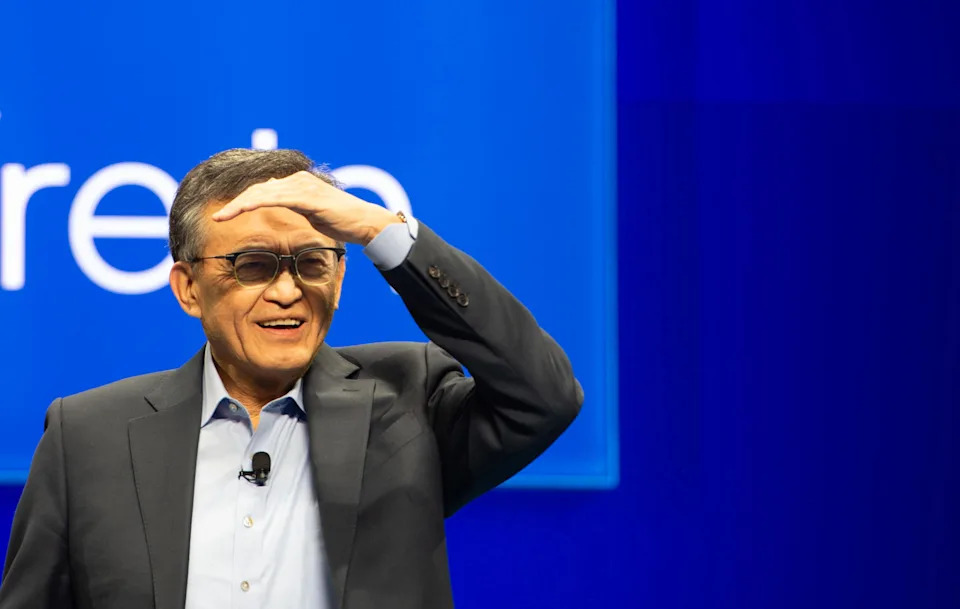
Trump calls for Intel CEO to 'resign immediately'
Key Points
- President Trump called for the resignation of Intel CEO Lip-Bu Tan on social media, citing conflicts of interest due to Tan's investments in Chinese companies through his VC firm, Walden International.
- Intel's stock dropped over 3% following Trump's post, reflecting investor concerns amid ongoing struggles for the chipmaker.
- Tan, who became CEO in March, was initially seen as a potential savior for Intel, but his ties to Chinese entities have drawn scrutiny, including from Senator Tom Cotton, who questioned Intel's compliance with security regulations.
- Intel has faced challenges in reviving its chip manufacturing business, recently announcing a 15% workforce cut and abandoning plans to offer its latest manufacturing technology to customers.
Summary
President Trump demanded the immediate resignation of Intel CEO Lip-Bu Tan via a social media post on Truth Social, alleging conflicts of interest due to Tan's investments in Chinese companies through his venture capital firm, Walden International. Tan, appointed in March to turn around Intel after a turbulent period under Pat Gelsinger, initially boosted investor confidence, with shares rising 15%. However, a Reuters report highlighted his ties to Chinese government funds, and Senator Tom Cotton raised concerns about Intel's obligations under the CHIPS Act, which granted the company nearly $8 billion. Intel's stock fell over 3% after Trump's statement, adding to its woes as shares lag behind competitors like AMD and Nvidia, with only a 1.8% yearly gain. The company, struggling to revive its chip manufacturing, recently cut 15% of its workforce and scrapped plans to offer its latest technology to customers, hindering its competition with TSMC. Intel has not responded to the allegations or Trump's demand.
yahoo
August 7, 2025
Stocks
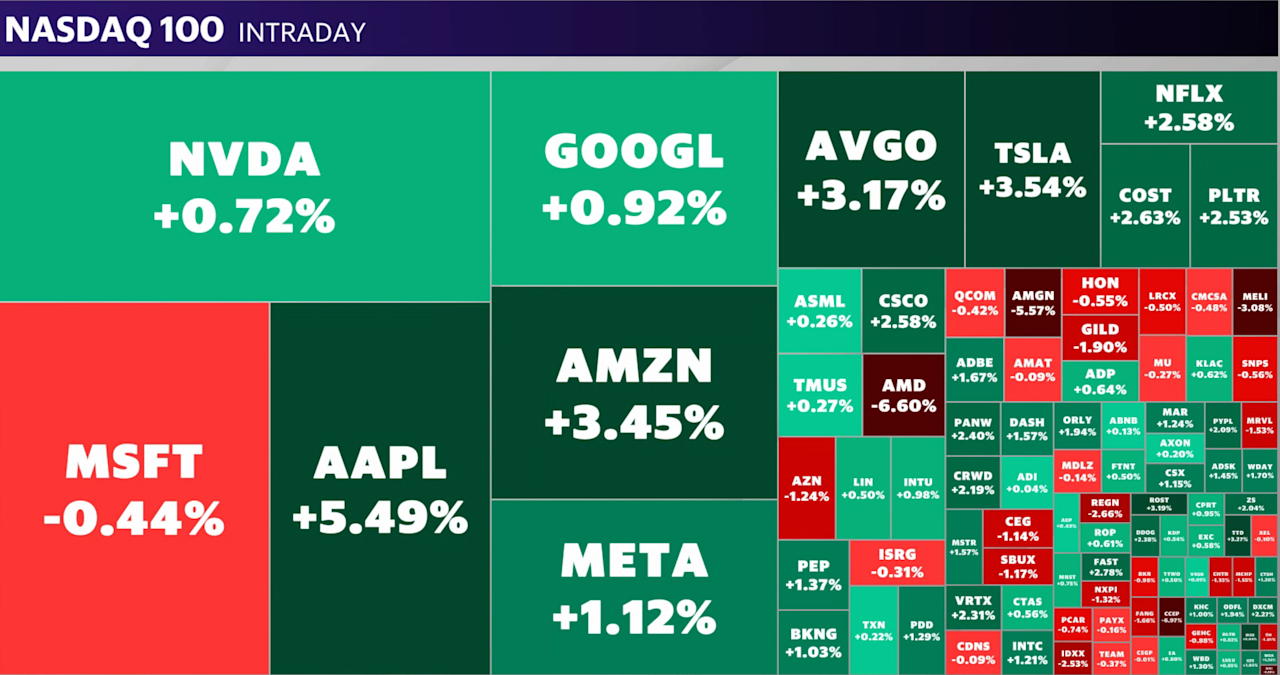
TSMC Shares Surge as Taiwan Says Firm Exempt From Trump Tariffs
Key Points
- TSMC Exemption: Taiwan Semiconductor Manufacturing Co. (TSMC) is exempt from a 100% US tariff on chip imports due to its investments and plant setups in the US, driving its shares to a record high.**
- Economic Growth: Despite new US tariffs, Taiwan's government anticipates economic growth of 3.1% in 2025, bolstered by strong technology exports.**
- Currency Impact: The Taiwan dollar strengthened by up to 0.6% following the tariff exemption news for TSMC, with potential for further appreciation.**
- US Investments: TSMC has committed $165 billion to US projects, including new fabs and research facilities in Arizona, aligning with US policies favoring domestic manufacturing.**
- Broader Implications: Other Taiwanese firms like United Microelectronics Corp. may mitigate tariff impacts through partnerships, while regional competitors and governments seek clarity on US tariff policies.**
Summary
Taiwan Semiconductor Manufacturing Co. (TSMC), a leading global chipmaker, has been exempted from a 100% US tariff on semiconductor imports due to its significant investments in US-based manufacturing facilities, including a $165 billion commitment for new fabs in Arizona. This news propelled TSMC shares to a record high and strengthened the Taiwan dollar by up to 0.6%. Taiwan's government remains optimistic, projecting a 3.1% economic growth for 2025 despite new US levies, driven by robust tech exports that saw a 7.96% growth in Q2. TSMC, crucial to AI chip production, heavily influences Taiwan’s stock index. Meanwhile, other Taiwanese firms like United Microelectronics Corp. may lessen tariff impacts through collaborations, such as with Intel. The US policy, as reiterated by President Trump, favors companies investing in American manufacturing, with Apple also cited as exempt. However, a 20% tariff on other Taiwanese goods remains, higher than rates for competitors like Japan and South Korea. Regional players, including Malaysia and South Korea’s Samsung, are navigating these tariff uncertainties, seeking clarity from the US. This situation underscores the complex interplay of global trade policies and local investments in the semiconductor industry.
yahoo
August 7, 2025
Stocks
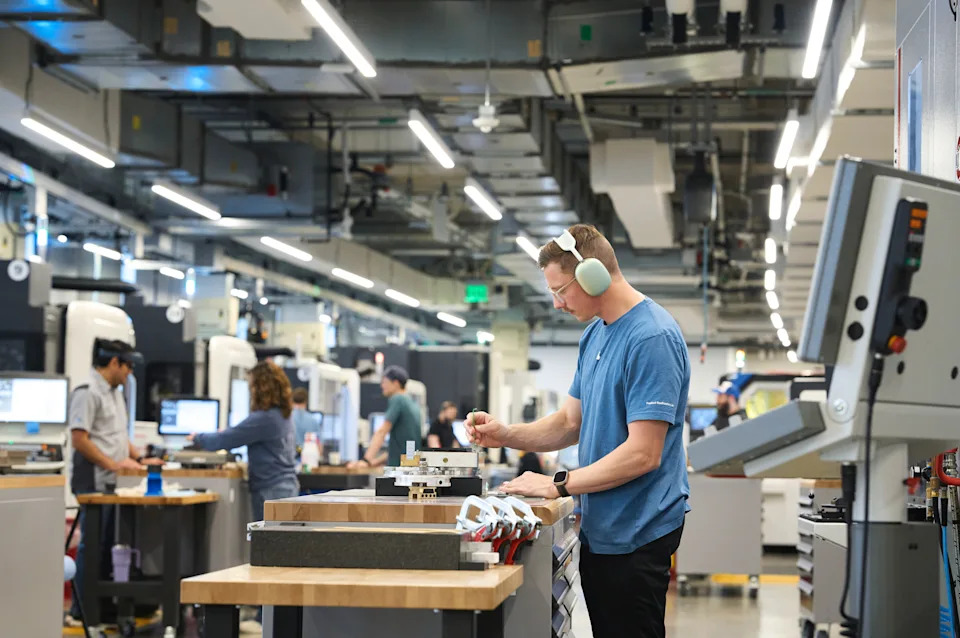
Apple announces additional $100 billion in US investment, following Trump iPhone tariff threat
Key Points
- Apple's $100 Billion Investment: Apple announced an additional $100 billion investment in US manufacturing, building on its prior $500 billion commitment, during a White House event with President Trump.**
- American Manufacturing Program (AMP): The investment includes the launch of AMP, aimed at incentivizing global companies to produce critical components in the US, with partners like Corning, Coherent, and Broadcom.**
- Specific Partnerships: Apple is committing $2.5 billion to produce cover glass for iPhones and Apple Watches at Corning’s Kentucky facility and partnering with Coherent for Face ID lasers.**
- End-to-End Silicon Supply Chain: Apple is establishing a comprehensive US silicon supply chain, sourcing wafers from GlobalWafers, collaborating with Applied Materials, and working with Samsung and Texas Instruments on chip technologies.**
- Response to Tariffs: The announcement follows pressure from the Trump administration, including threats of a 25% tariff on iPhones, amid existing and upcoming tariffs on goods from India.**
Summary
Apple unveiled a significant $100 billion investment in US manufacturing during a White House event with President Trump, adding to its previous $500 billion commitment. This initiative includes the American Manufacturing Program (AMP), designed to encourage global firms to produce critical components domestically, partnering with companies like Corning, Coherent, and Broadcom. Key projects involve a $2.5 billion commitment with Corning for iPhone and Apple Watch glass production in Kentucky and collaborations for Face ID lasers and semiconductor technologies. Apple is also building an end-to-end US silicon supply chain with partners like GlobalWafers and Samsung. The move comes amid pressure from the Trump administration, which has threatened a 25% tariff on iPhones not manufactured in the US, alongside existing and new tariffs on goods from India, where Apple assembles many iPhones for the US market. Despite the announcement, industry experts highlight challenges like a lack of skilled workers and supply chain resources in the US, suggesting that building an iPhone plant domestically could take years. Apple's stock rose over 2% following the news, reflecting market optimism about its domestic manufacturing push, even as the company faces significant tariff-related costs, with an $800 million hit reported recently and $1.1 billion more anticipated.
yahoo
August 7, 2025
Stocks
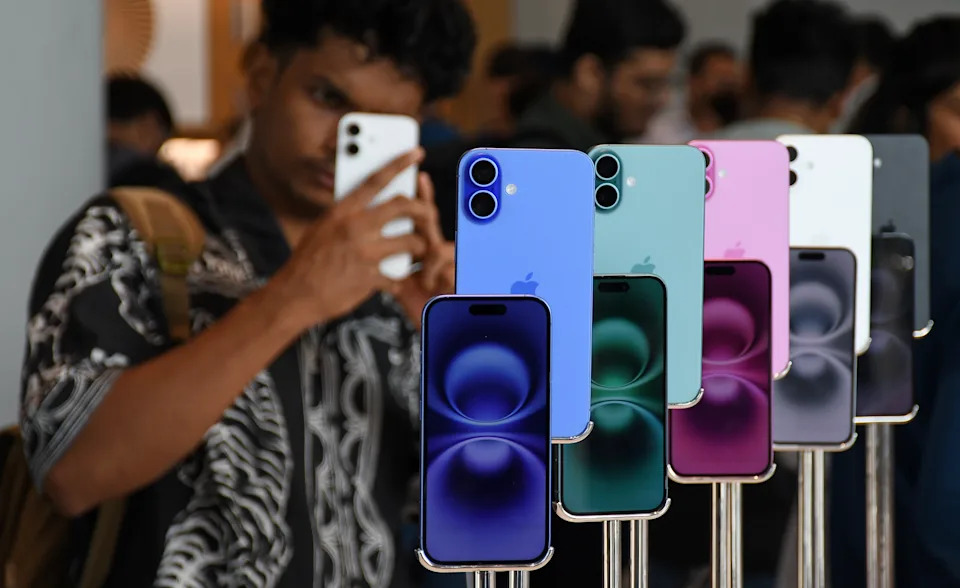
Apple to announce additional $100 billion in US investment, following Trump iPhone tariff threat
Key Points
- Apple (AAPL) plans to invest an additional $100 billion in US manufacturing, announced during a White House press conference with President Trump at 4:30 p.m. ET on Wednesday.
- This follows Apple's previous $500 billion investment in US spending, including an AI server plant in Texas, amid pressure from the Trump administration to manufacture iPhones domestically.
- The announcement coincides with new and existing 25% tariffs on goods from India, where Apple builds most US-bound iPhones, and previous threats of tariffs on iPhones if production isn't moved to the US.
- Industry experts highlight challenges in moving iPhone production to the US, citing a lack of skilled workers and supply chain resources, with potential plant construction taking years.
- Apple reported an $800 million loss due to existing tariffs in its latest earnings and anticipates an additional $1.1 billion in costs this quarter.
Summary
Apple (AAPL) is set to reveal a $100 billion investment in US manufacturing during a White House press conference with President Trump, building on its prior $500 billion commitment that includes an AI server plant in Texas. This move comes amid pressure from the Trump administration to produce iPhones domestically, with threats of a 25% tariff on the devices if Apple doesn't comply. The announcement also aligns with new 25% tariffs on goods from India, where Apple manufactures most US-bound iPhones after diversifying from China post-COVID-19. Trump has criticized Apple’s overseas production, despite industry experts warning that relocating to the US is a daunting task due to insufficient skilled labor and supply chain limitations, with plant construction potentially taking years. Apple’s recent earnings revealed an $800 million hit from existing tariffs, with an expected $1.1 billion more in costs this quarter. This strategic investment may be an attempt to mitigate tariff impacts and political pressure, though significant challenges remain in fully shifting production to the US.
yahoo
August 6, 2025
Stocks
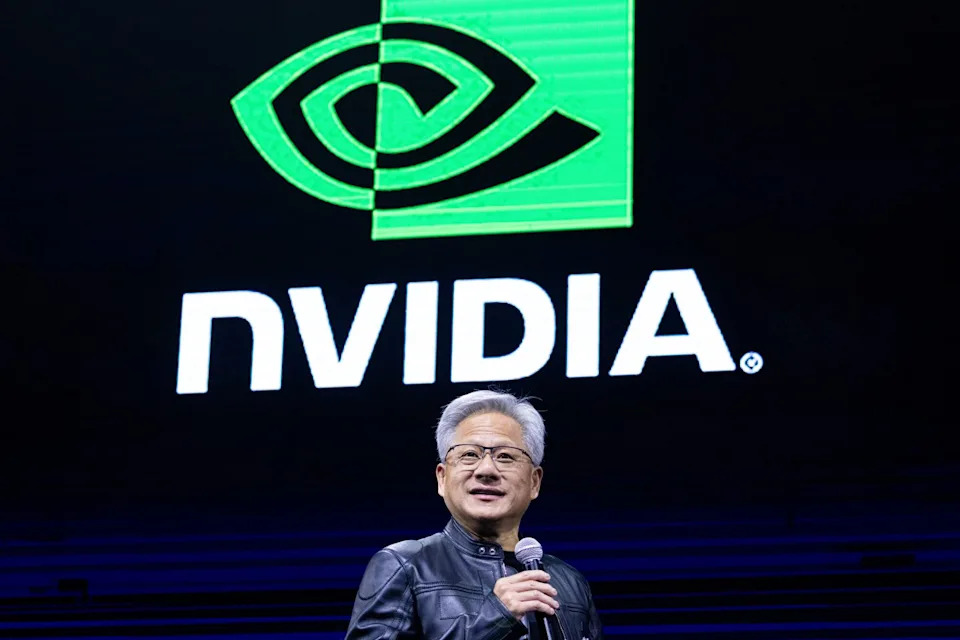
China Draws Red Lines on US Chip Tracking With Nvidia Meeting
Key Points
- China's Stance on Chip Tracking: Beijing is using the summons of Nvidia staff over H20 chip security concerns as a strategic move to oppose US plans for tracking high-end semiconductors, signaling caution to domestic firms and global partners.**
- Nvidia's Position: Nvidia firmly opposes backdoors or tracking mechanisms in its chips, emphasizing that such features undermine trust and security in US technology.**
- Broader Implications: The Chinese action reflects a broader resistance to surveillance capabilities in American semiconductors, potentially resonating with global audiences, including US allies.**
- US-China Relations: Despite the chip dispute, both nations are maintaining a tariff truce and are reportedly close to a deal, with Trump expressing optimism about relations with China.**
- Domestic Impact in China: The scrutiny of imported chips has boosted shares in Chinese chipmakers, as Beijing may leverage the situation to push for domestic substitution or negotiate supply security.**
Summary
In the ongoing US-China trade conflict, Beijing is leveraging the issue of high-end chip tracking to assert its position globally against the Trump administration’s surveillance plans. Chinese regulators recently summoned Nvidia staff over alleged security risks with its H20 chips, a move seen as a warning against future US tracking mandates rather than a direct critique of the chips themselves. Analysts suggest this action aims to caution domestic firms, alert the world, and pressure Nvidia to influence US policy. Nvidia has publicly rejected backdoors or tracking in its technology, citing security and trust concerns. Meanwhile, US officials are exploring chip-tracking methods, though a final deal with China on trade issues, including rare-earth magnets, remains pending. Despite tensions, both sides maintain a tariff truce, with Trump expressing optimism about a potential agreement. China’s resistance to surveillance in American chips may resonate globally, while domestic media and policies push for self-reliance in AI chip production, boosting local semiconductor firms. The situation underscores the delicate balance between technological competition and broader US-China relations, with potential implications for global tech supply chains and security standards.
yahoo
August 6, 2025
Stocks
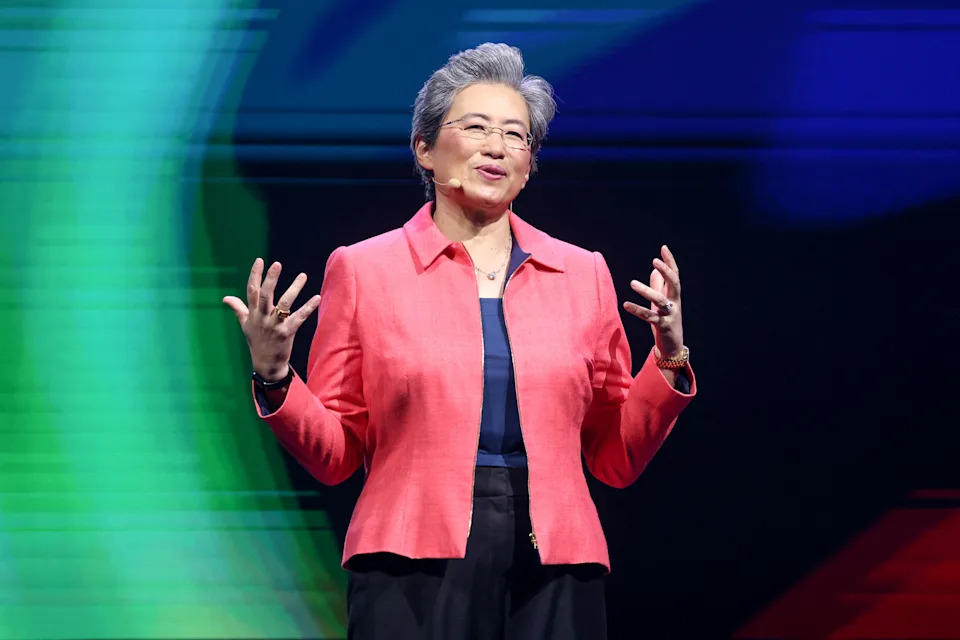
AMD posts mixed Q2 results but offers better-than-expected Q3 outlook on AI sales
Key Points
- AMD's Q2 Results: AMD reported Q2 adjusted EPS of $0.48, missing Wall Street's expectation of $0.49, but surpassed revenue forecasts with $7.6 billion against an expected $7.4 billion.**
- Q3 Guidance: The company provided a strong Q3 revenue outlook of $8.4 billion to $9 billion, exceeding Wall Street's estimate of $8.3 billion.**
- Stock Reaction: Despite the positive guidance, AMD's stock fell over 4% after the earnings release, though it remains up 44% year-to-date.**
- AI Chip Impact: AMD faced an $800 million impact from a U.S. ban on AI chip sales to China, resulting in a $155 million operating loss for the quarter.**
- Segment Performance: AMD's Data Center revenue reached $3.2 billion, meeting expectations, while its Client business significantly outperformed with $3.6 billion against a forecast of $2.5 billion.**
Summary
Advanced Micro Devices (AMD) released its Q2 earnings, reporting an adjusted EPS of $0.48, slightly below Wall Street's $0.49 expectation, but exceeding revenue forecasts with $7.6 billion compared to the anticipated $7.4 billion. AMD also issued a robust Q3 guidance of $8.4 billion to $9 billion, surpassing analysts' $8.3 billion estimate. However, the stock dropped over 4% post-earnings, despite a 44% year-to-date gain. The company faced challenges from a U.S. ban on AI chip sales to China, incurring an $800 million impact and a $155 million operating loss. On a positive note, AMD's Data Center segment met expectations at $3.2 billion, and its Client business outperformed with $3.6 billion in revenue against a $2.5 billion forecast. The upcoming launch of the MI350 AI chip line, designed to compete with Nvidia's offerings, and the reversal of the China sales ban by the Trump administration, are expected to bolster future performance. AMD's results come ahead of Nvidia's earnings report, with both companies navigating a competitive AI chip market and geopolitical challenges.
yahoo
August 6, 2025
Stocks
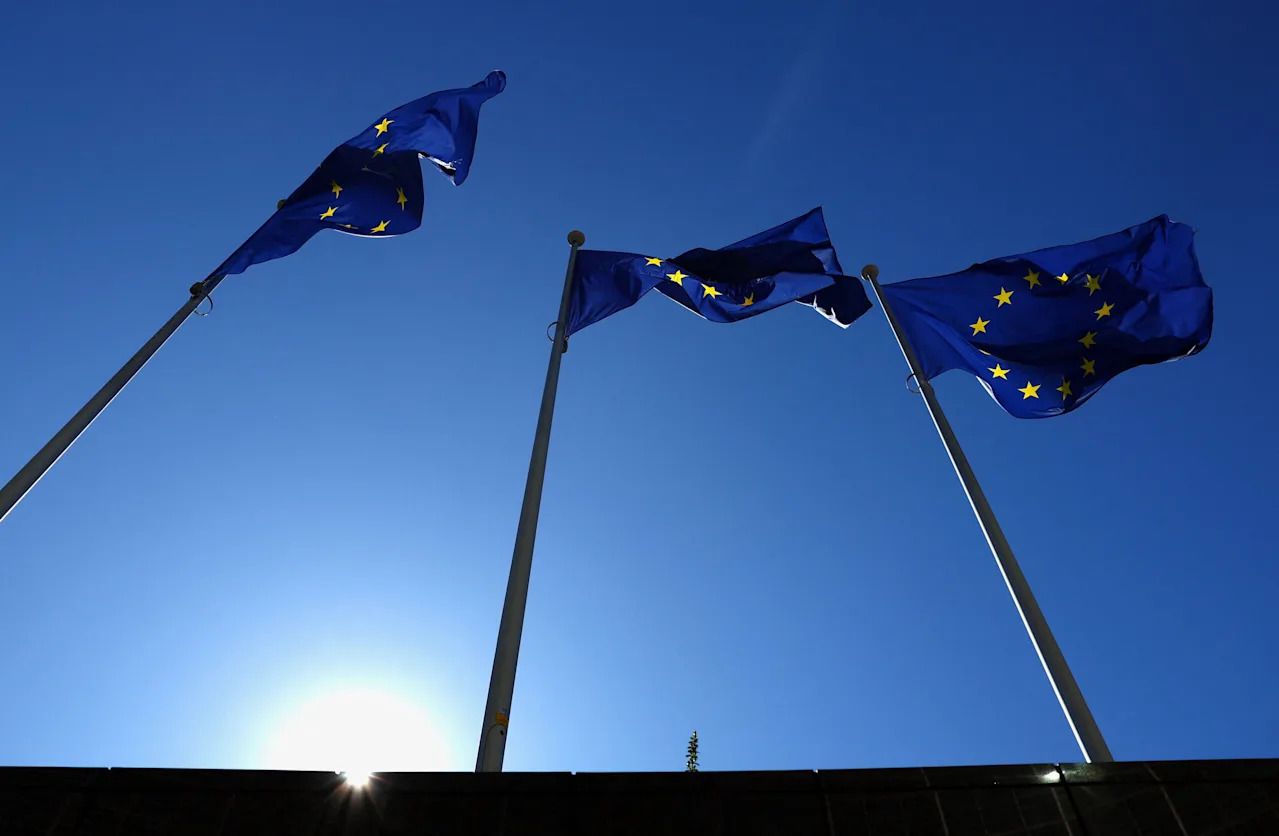
Trump tariffs live updates: Trump says pharma tariffs could go to 250%, threatens EU if it fails on investment pledge
Key Points
- Pharmaceutical Tariffs: President Trump announced plans to impose tariffs on pharmaceutical imports, starting small but escalating to 150% within a year and a half, and up to 250% thereafter, to encourage domestic production.**
- Semiconductor Tariffs: Tariffs on semiconductor imports are also set to be announced soon, though specifics on rates and timelines remain under a different category.**
- EU Trade Relations: Trump threatened the EU with increased tariffs up to 35% if it fails to meet a $600 billion investment pledge in the US, while a flat 15% tariff on EU goods has been agreed upon.**
- Copper Tariffs Impact: A 50% tariff on semi-finished copper products, affecting $15 billion in imports, has been implemented, with plans to expand tariffs on other copper-intensive goods within 90 days.**
- Country-Specific Duties: Trump has imposed varying tariffs on countries like Canada (35%), Brazil (50% with exemptions), and India (25% with threats of further increases over Russian oil purchases), alongside trade deals with Mexico and South Korea.**
Summary
President Trump has unveiled a series of aggressive tariff policies targeting various sectors and countries, as reported by Yahoo Finance. He plans to introduce escalating tariffs on pharmaceutical imports, starting small but reaching up to 250% within a year and a half, to boost domestic production, alongside upcoming semiconductor tariffs. Trump also threatened the EU with 35% tariffs if a $600 billion investment pledge isn’t met, though a 15% flat rate on EU goods was agreed upon. Additionally, a 50% tariff on $15 billion worth of copper imports has rattled global markets, with further expansions planned. Country-specific duties include 35% on Canada, 50% on Brazil (with exemptions), and 25% on India, with potential increases due to its Russian oil purchases. Trade deals with Mexico and South Korea offer temporary reprieves or balanced terms. India has criticized the US stance as a double standard, vowing to protect its interests. These moves, alongside ending exemptions on low-value imports, signal a broad protectionist push, raising concerns about inflation and global trade turbulence as Trump’s self-imposed deadlines approach.
yahoo
August 5, 2025
Stocks
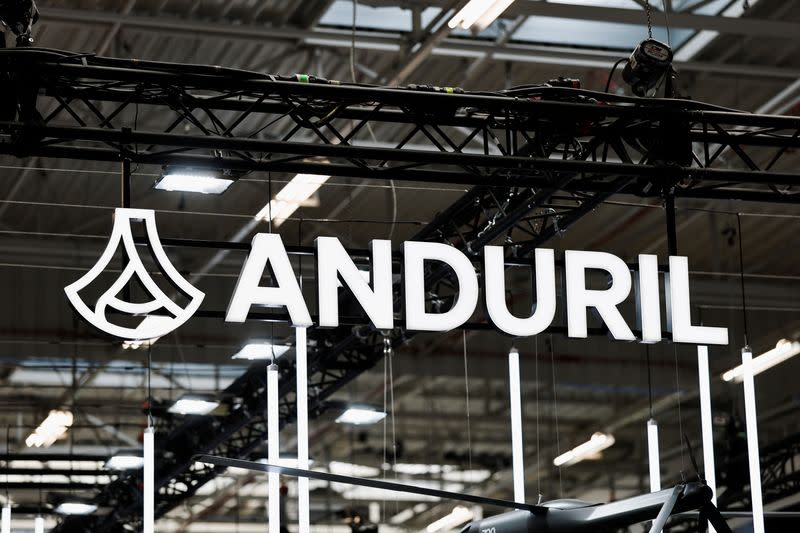
SoftBank Stakes in Nvidia, TSMC Show Son’s Focus on AI Gear
Key Points
- SoftBank's AI Focus: SoftBank Group Corp., led by Masayoshi Son, is intensifying its investment in AI infrastructure by increasing stakes in Nvidia Corp. (to $3 billion) and Taiwan Semiconductor Manufacturing Co. (TSMC, $330 million), alongside Oracle Corp. ($170 million).**
- Vision Fund Monetization: The Vision Fund has liquidated nearly $2 billion in assets in the first half of 2025, prioritizing returns without immediate pressure from SoftBank to sell further holdings.**
- Arm Holdings Strategy: SoftBank is building a portfolio around Arm Holdings Plc, aiming to position itself centrally in AI semiconductor technology without direct manufacturing.**
- Ambitious AI Projects: Son is driving major AI initiatives, including a $500 billion Stargate data center with OpenAI and Oracle, and a proposed $1 trillion AI manufacturing hub in Arizona with TSMC.**
- Market Performance: SoftBank benefits from Nvidia’s 90% and TSMC’s 40% market value gains since April, though it trades at a 40% discount to its asset value, with a market cap of $118 billion compared to Nvidia’s $4.4 trillion.**
Summary
SoftBank Group Corp., under Masayoshi Son, is aggressively pivoting toward AI infrastructure, significantly increasing its stakes in Nvidia Corp. ($3 billion) and Taiwan Semiconductor Manufacturing Co. ($330 million) as of March 2025. This reflects Son’s strategy to capitalize on AI’s growth, centered around Arm Holdings Plc, while building partnerships like the $500 billion Stargate data center with OpenAI and a potential $1 trillion AI hub in Arizona. Despite monetizing $2 billion in Vision Fund assets, SoftBank faces no urgent need to sell further. The company’s stock, trading at a 40% discount to its $175 billion net asset value, has hit record highs, buoyed by Nvidia’s 90% and TSMC’s 40% market gains. However, Son remains unsatisfied, aiming to leapfrog AI leaders through ambitious US projects and leveraging political ties, even as deals like the $6.5 billion Ampere acquisition face scrutiny. SoftBank’s market cap of $118 billion pales against Nvidia’s $4.4 trillion, underscoring the gap Son seeks to close in the AI race.
yahoo
August 5, 2025
Stocks
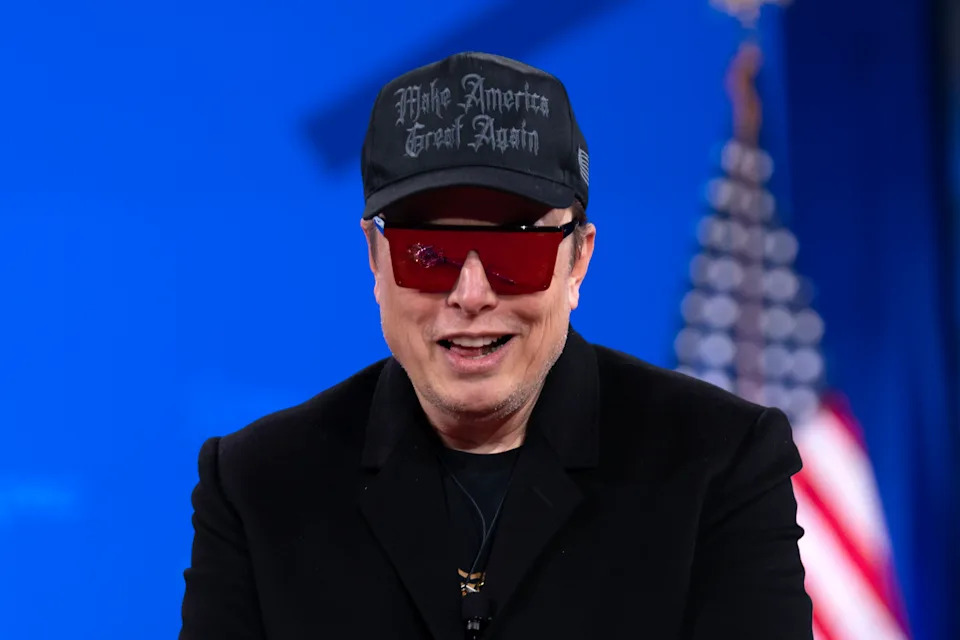
Tesla board approves $30 billion alternative pay deal for Musk
Key Points
- Tesla's board approved a $30 billion alternative compensation plan for CEO Elon Musk as a contingency while a court battle continues over his original $58 billion pay award, which was struck down by a Delaware judge.
- The new plan, requiring shareholder approval, grants Musk 96 million Tesla shares at $23.34 per share, contingent on his continuous service until August 3, 2027, and includes a five-year holding period.
- If the Delaware Supreme Court overturns the ruling against the 2018 plan, shares granted under the new plan must be forfeited and returned to Tesla.
- Tesla's stock faced pressure after a Q2 earnings and revenue miss, with revenue at $22.50 billion against an expected $22.64 billion, a 12% decrease from the previous year.
- The ongoing lawsuit raises significant questions about corporate law, specifically whether stockholders can overrule a judicial decision regarding executive compensation.
Summary
Tesla's board has approved a $30 billion alternative compensation plan for CEO Elon Musk amid a legal battle to reinstate his original $58 billion pay package, which was invalidated by a Delaware judge. Announced in an SEC filing, the new plan aims to incentivize Musk's focus on Tesla and requires shareholder approval. It grants Musk 96 million shares at $23.34 each, contingent on his service until 2027, with a five-year holding period. If the original 2018 plan is upheld by the Delaware Supreme Court, these shares must be returned. Meanwhile, Tesla's stock struggled after a Q2 earnings miss, reporting $22.50 billion in revenue against an expected $22.64 billion, down 12% from last year. The legal dispute, sparked by a shareholder lawsuit in 2018, questions Musk's influence as a de facto controlling shareholder and whether stockholder approval can override judicial rulings. Judge Kathaleen McCormick voided the original package due to Musk's ties with the board and lack of disclosure, a decision reaffirmed despite a second shareholder approval in 2024. The case could reshape corporate law, while Tesla emphasizes the need to retain Musk amid the AI talent war, with analysts suggesting the new plan secures his leadership until at least 2030, easing shareholder concerns.
yahoo
August 4, 2025
Stocks
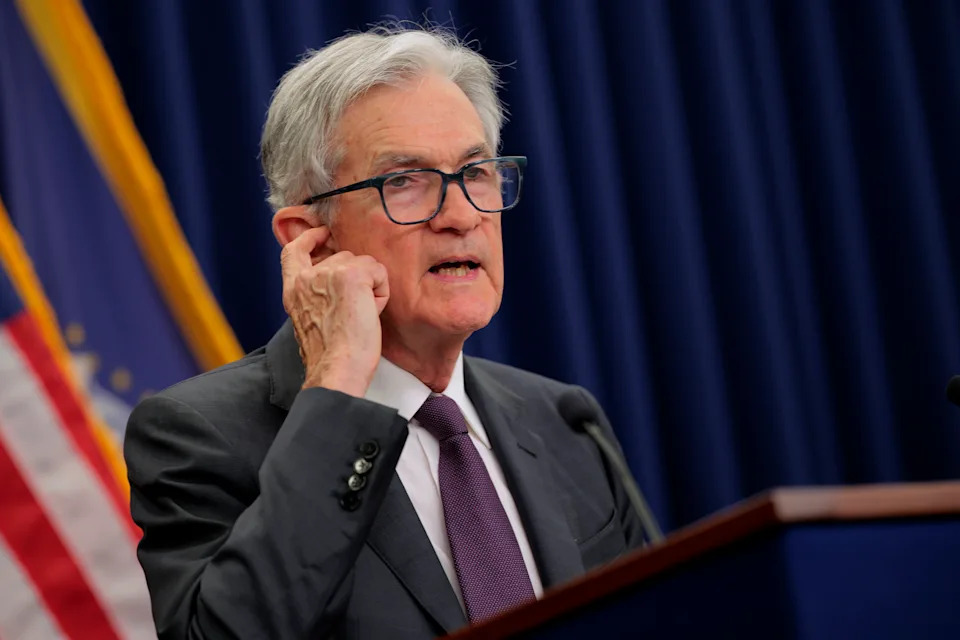
Job market concerns take center stage as earnings season rolls on: What to watch this week
Key Points
- Stocks declined from record highs on Friday following a disappointing US jobs report, with the S&P 500 falling nearly 2.4% for the week, Nasdaq down 2.2%, and Dow Jones shedding 1.2%.
- The July jobs report revealed fewer jobs added than expected, a higher unemployment rate, and significant downward revisions to prior months, increasing the likelihood of a Federal Reserve interest rate cut in September to 83%.
- A busy earnings week awaits with 122 S&P 500 companies reporting, including major players like Palantir (PLTR), Eli Lilly (LLY), and Disney (DIS), amidst heightened market volatility post-earnings.
- Despite economic concerns, AI investment remains a key driver for US stocks, with Big Tech earnings showing continued heavy investment in the sector.
- Earnings season shows S&P 500 pacing for 10.3% growth, though individual stock reactions to reports are more extreme, with investors highly sensitive to any imperfections.
Summary
US stocks fell from record highs on Friday after a weaker-than-expected July jobs report revealed fewer jobs added, a rising unemployment rate, and significant downward revisions to prior months’ data. This sparked a market sell-off, with the S&P 500 dropping nearly 2.4% for the week, Nasdaq declining 2.2%, and Dow Jones falling 1.2%. The disappointing labor market data shifted expectations, raising the probability of a Federal Reserve interest rate cut in September to 83% from 38%. Amidst economic concerns, a busy earnings week looms with 122 S&P 500 companies, including Palantir, Eli Lilly, and Disney, set to report, while market volatility post-earnings remains high. Despite the downturn, AI investment continues to drive optimism for US stocks, particularly in tech-heavy segments, as Big Tech earnings reflect sustained spending. Earnings season shows the S&P 500 on track for 10.3% growth, though individual stock reactions are sharper than usual, with investors reacting strongly to any misses or beats. A quieter week of economic news awaits, but the focus remains on corporate performance and potential Fed actions in response to labor market deterioration.
yahoo
August 4, 2025
Stocks

Lamborghini Temerario test drive: $380K hybrid supercar delivers mind-boggling performance
Key Points
- Lamborghini's Temerario supercar, a 900hp plug-in hybrid with a 10,000 RPM turbo V8, replaces the iconic Huracán, marking a shift to hybrid power for performance and emissions compliance.
- The Temerario features advanced torque vectoring with individual front-wheel motors, enhancing handling and traction, making it excel on the track with speeds nearing 200mph.
- While an improvement over the Huracán in performance and interior quality, the Temerario lacks the emotional appeal of the Huracán's V10 sound and has more subdued styling.
- Priced at $382,654 in the US, the Temerario is sold out for its first year of production, indicating strong market reception despite some critiques.
- Future special editions or performance models of the Temerario are anticipated, potentially offering more aggressive styling and powertrain enhancements.
Summary
Lamborghini's latest supercar, the Temerario, succeeds the beloved Huracán with a groundbreaking 900hp plug-in hybrid system featuring a 10,000 RPM turbo V8 and advanced torque vectoring via individual front-wheel motors. Unveiled at Monterey Car Week, this all-wheel-drive beast prioritizes performance over eco-friendliness, aligning with emissions regulations while delivering exceptional track capabilities, reaching speeds near 200mph. Though it surpasses the Huracán in handling and interior refinement, the Temerario lacks the emotional resonance of the Huracán’s V10 engine sound and sports more restrained styling, which some find underwhelming for its $382,654 price tag. Despite these critiques, the car is sold out for its first production year, reflecting strong demand. CEO Stephan Winkelmann emphasizes its balance of excitement and livability, while future special editions may introduce bolder designs and enhanced powertrains. The Temerario represents Lamborghini’s adaptation to modern automotive demands, blending hybrid technology with supercar thrills, though it leaves room for nostalgia among fans of the Huracán’s raw character.
yahoo
August 3, 2025
Stocks
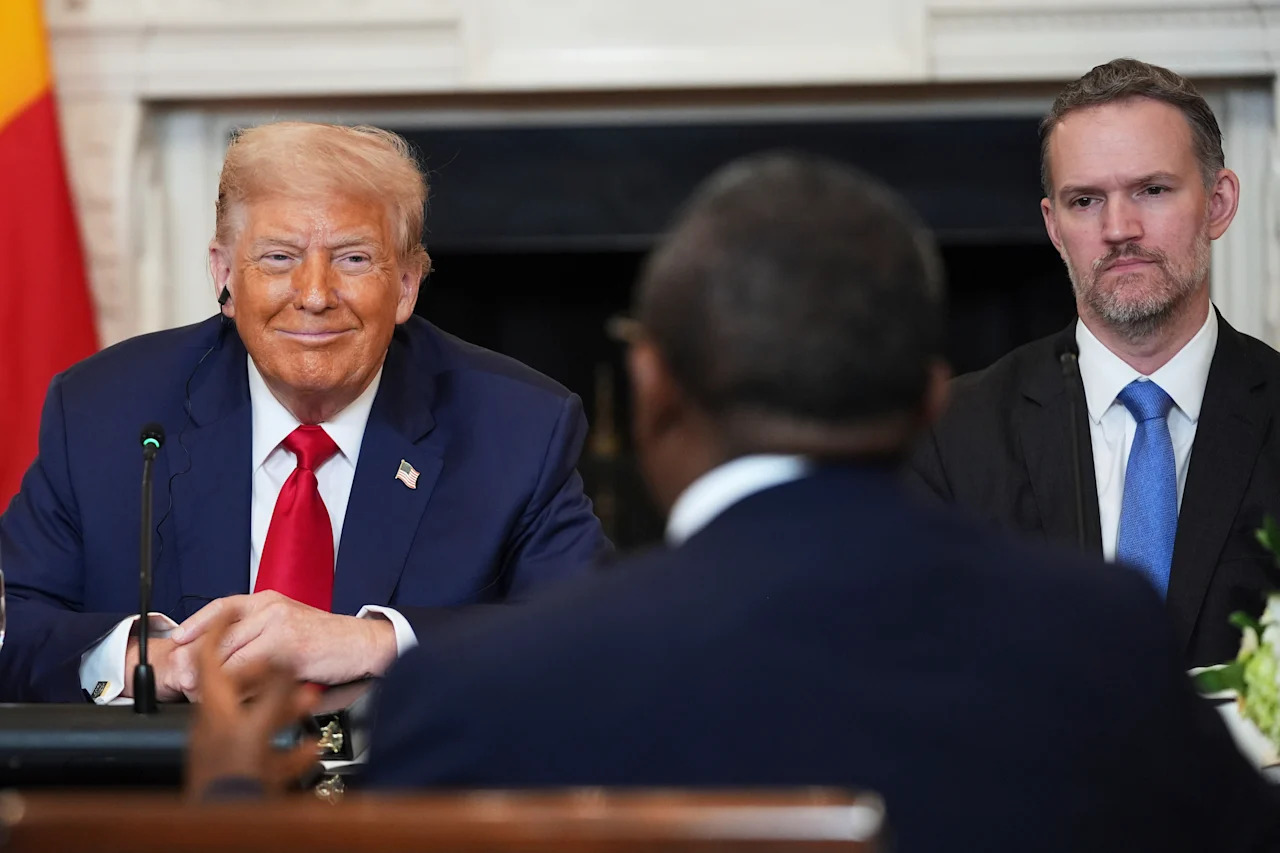
Trump tariffs live updates: Greer says tariffs 'pretty much set,' Buffett's Berkshire portfolio takes tariffs hit, Trump outlines sweeping new deals
Key Points
- U.S. Trade Representative Jamieson Greer stated that the latest round of tariffs imposed by President Trump is "pretty much set" and unlikely to change, as many rates are tied to existing deals and trade balances.
- Trump signed orders imposing significant tariffs, including 35% on Canada, 50% on Brazil, and a standard 15% rate for many countries like the EU and South Korea, with some rates effective immediately and others starting in August.
- Warren Buffett's Berkshire Hathaway reported a 5.1% revenue decline in its consumer goods sector due to Trump's tariffs, citing delays in orders and shipments, despite Buffett's advocacy for free trade.
- Trump's new tariff strategy groups countries into tiers based on trade dynamics, with over 40 countries at a 15% rate, more than 100 at 10%, and about 30 facing higher rates up to 50%.
- Specific trade moves include a 90-day reprieve for Mexico, a deal with South Korea, and the end of the de minimis exemption for low-value imports under $800, impacting various industries and markets.
Summary
President Donald Trump has implemented a sweeping array of tariffs on numerous countries, with U.S. Trade Representative Jamieson Greer confirming these rates are largely fixed due to existing deals and trade balances. Key tariffs include a 35% rate on Canada, 50% on Brazil, and a standardized 15% for many partners like the EU and South Korea, effective from various dates in August. Trump's strategy now categorizes countries into tiers, simplifying future negotiations, with over 40 nations at 15%, over 100 at 10%, and about 30 facing higher rates. Additionally, specific actions include a 90-day tariff reprieve for Mexico and ending exemptions for low-value imports. The tariffs have already impacted businesses, as seen with Warren Buffett's Berkshire Hathaway, which reported a 5.1% revenue drop in its consumer goods sector due to shipment delays, despite Buffett's support for free trade. Meanwhile, trade deals with South Korea and ongoing negotiations with China signal potential progress, though industries like footwear face pressure from the new policies. These moves reflect Trump's aggressive trade stance, influencing global markets and economic dynamics.
yahoo
August 3, 2025
Stocks
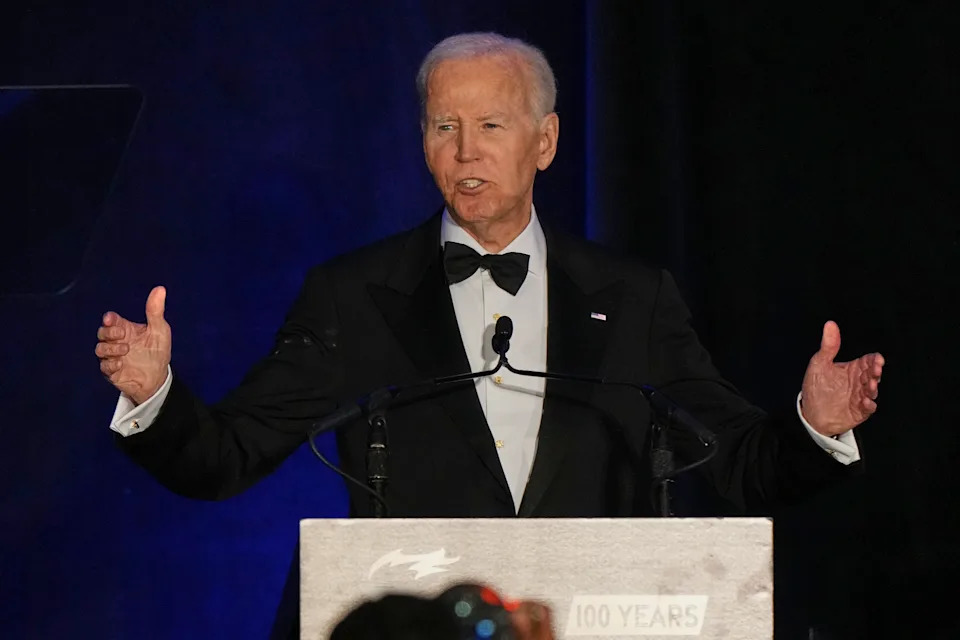
It's Trump's economy now. The latest financial numbers offer some warning signs
Key Points
- Economic Indicators Worsen: Job growth is declining, inflation is rising, and economic growth has slowed compared to last year, contradicting President Trump's promise of an economic "golden age."**
- Policy Impacts Unfolding: Trump's tariffs, tax reforms, and spending cuts are reshaping trade and economic systems, with potential inflationary effects of tariffs expected to hit in 2026, coinciding with midterm elections.**
- Public Perception and Political Risk: Only 38% of adults approve of Trump's economic handling per a recent AP-NORC poll, down from 50% at the end of his first term, posing significant political risks if prosperity isn't delivered.**
- Recent Data Highlights Concerns: The latest jobs report shows a loss of 37,000 manufacturing jobs since April, net hiring has dropped sharply, and GDP growth is down to 1.3% annually from 2.8% last year.**
- Federal Reserve Tensions: Trump's push for lower interest rates, despite inflation risks, and his criticism of Fed Chair Jerome Powell could exacerbate economic challenges.**
Summary
President Donald Trump's economic policies, including tariff hikes, tax reforms, and spending cuts, are reshaping the U.S. economy more than six months into his term, but recent data paints a troubling picture. Job growth has plummeted, with only 73,000 jobs added in July, while manufacturing has lost 37,000 jobs since April. Inflation has risen to 2.6% annually, and GDP growth has slowed to 1.3% from 2.8% last year. Despite Trump's claims of a booming economy, public approval of his economic handling stands at just 38%, down from 50% at the end of his first term. His aggressive tariffs, set to fully impact prices by 2026, pose political risks for Republicans in upcoming elections. Trump has deflected blame, firing the head of the jobs report agency and criticizing Federal Reserve Chair Jerome Powell for not cutting rates, a move some warn could fuel inflation. While the White House remains optimistic, touting deregulation and trade deals as future growth drivers, critics and economic reports suggest a sluggish economy with potential for further disruption. Former President Joe Biden had warned of the consumer burden of universal tariffs, a concern now echoing as prices for imported goods rise. Whether these challenges are temporary growing pains or signs of deeper issues remains uncertain, but Trump's economic gamble carries high stakes for both policy and politics.
yahoo
August 3, 2025
Stocks
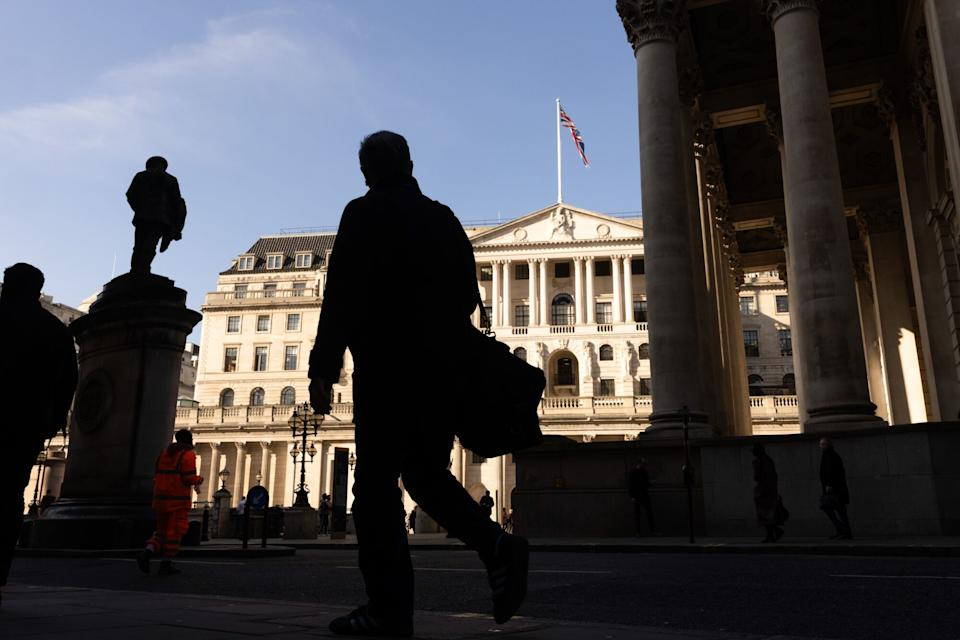
What to know if you're at risk of having your wages garnished over student loan debt
Key Points
- Millions at Risk: TransUnion estimates that by August, around 3 million student borrowers could default on their loans, being 270 days past due, with an additional 2 million at risk by September.**
- Wage Garnishment Threat: Defaulting borrowers face the possibility of having 15% of their wages garnished by the government to repay outstanding debt, potentially starting this summer.**
- Post-Pandemic Challenges: The end of the pandemic-era pause on student loan payments in May, coupled with the expiration of a Biden-administration grace period, has led to credit score declines for many borrowers.**
- Actionable Steps: Borrowers are urged to check their loan status on studentaid.gov, pursue rehabilitation agreements or loan consolidation, and contact loan servicers or congressional representatives for assistance.**
- Hearing Rights: Borrowers can request a hearing within 30 days of a garnishment notice to object based on financial hardship or other qualifying circumstances, potentially delaying or reducing garnishment.**
Summary
Millions of student loan borrowers in the U.S. face the looming threat of wage garnishment as early as this summer, with TransUnion estimating that 3 million could default by August and another 2 million by September. Default, defined as being 270 days past due, puts borrowers at risk of having 15% of their wages withheld by the government to cover outstanding debt. The end of the pandemic-era payment pause in May and a Biden-administration grace period last fall has left many struggling to manage payments, resulting in credit score declines. Experts urge borrowers to check their loan status on studentaid.gov, pursue rehabilitation or consolidation options, and contact servicers or congressional offices for help despite long wait times and dropped calls. Borrowers like Richelle Brooks, with $239,000 in debt, express fear and financial strain, exploring deferment through further education. The Department of Education offers a 30-day window to request a hearing to contest garnishment on grounds of hardship or other qualifying issues, providing a critical opportunity to mitigate the impact.
yahoo
August 3, 2025
Stocks
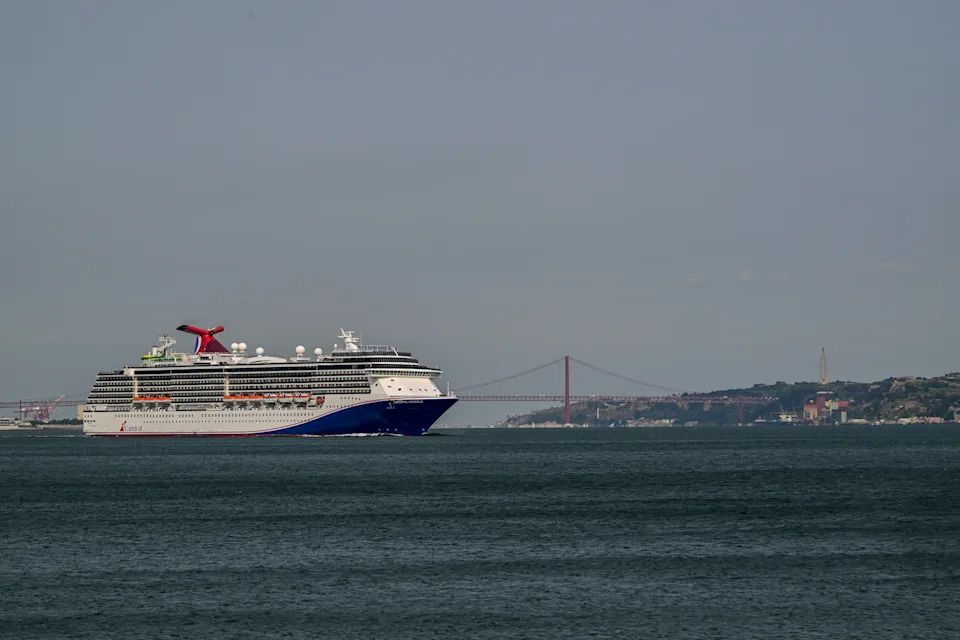
Cruise line stocks are on the rebound this year. Here's why.
Key Points
- Cruise line stocks have seen significant rebounds, with Carnival (CCL) and Royal Caribbean (RCL) up over 70% and Norwegian Cruise Line (NCLH) up 55% since April lows.
- Recent record revenues reported by Carnival ($6.3 billion), Norwegian Cruise Line, and Royal Caribbean reflect strong demand and improved bookings.
- Industry growth is driven by investments in advanced ships, thematic voyages, and exclusive destinations, attracting a broader customer base including millennials.
- Cruise vacations are gaining popularity as a cost-effective travel option, with passenger numbers projected to rise from 29.7 million in 2019 to 37.7 million by 2025.
- Analysts predict the cruise industry's share of the global vacation market will grow from 2% to 3.8% by 2028, indicating strong future potential.
Summary
Cruise line stocks have experienced a remarkable surge in recent months, with Carnival (CCL) and Royal Caribbean (RCL) rebounding over 70% and Norwegian Cruise Line (NCLH) rising 55% since April's market turmoil, despite a recent sell-off. This recovery aligns with record revenues, including Carnival’s $6.3 billion in Q2, and strong bookings driven by an improved macroeconomic environment and clearer trade policies under President Trump. Norwegian and Royal Caribbean also reported robust earnings, fueled by close-in demand allowing higher pricing. The industry’s growth is supported by investments in modern ships, thematic voyages, and unique destinations, making cruises a cost-effective vacation choice. Passenger numbers are expected to increase from 29.7 million in 2019 to 37.7 million by 2025, with millennials and younger travelers now comprising half of Royal Caribbean’s customer base. Analysts highlight cruises as a value proposition, with the industry’s share of the $1.9 trillion global vacation market projected to grow from 2% to 3.8% by 2028, signaling a promising future.
yahoo
August 3, 2025
Stocks
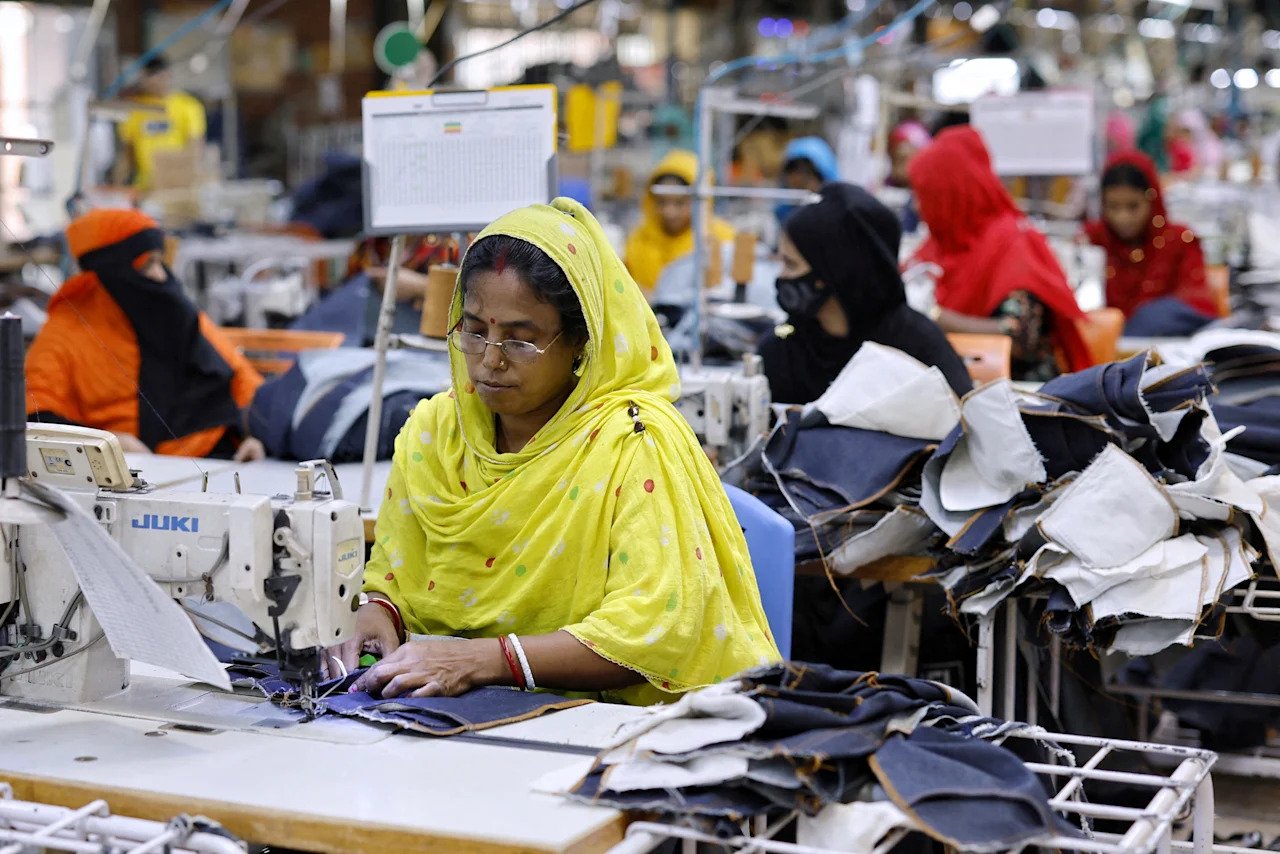
Trump tariffs live updates: Buffett's Berkshire portfolio takes tariffs hit; Trump outlines sweeping new tariffs for dozens of trade partners
Key Points
- Warren Buffett's Berkshire Hathaway reported a 5.1% revenue decline in its consumer goods group for Q2, attributing the drop to US tariffs causing delays in orders and shipments.
- President Trump has implemented sweeping tariffs, including a 35% rate on Canada, 50% on Brazilian goods (with exemptions), and 50% on semi-finished copper products, impacting global markets.
- Trump also signed orders ending the de minimis exemption for low-value imports and introduced a potential 40% penalty for tariff dodging via transshipment, though key details remain unclear.
- Trade deals with Mexico (90-day reprieve), South Korea (15% tariff on imports), and the EU (15% tariff on goods) were announced, alongside ongoing negotiations with China.
- Global stocks and specific industries, like footwear (Nike, Deckers), are under pressure due to the new tariff policies and broader economic concerns.
Summary
Warren Buffett's Berkshire Hathaway reported a 5.1% revenue decline in its consumer goods sector for Q2, blaming US tariffs under President Trump's trade policies for order and shipment delays, as per Reuters. Despite Buffett's advocacy for free trade, Trump's aggressive tariff strategy includes a 35% rate on Canada, 50% on Brazilian goods (with exemptions), and a 50% levy on copper products, causing copper futures to drop. Additional measures involve ending the de minimis exemption for low-value imports and a potential 40% penalty for tariff dodging via transshipment, though implementation details are pending. Trade agreements with Mexico, South Korea, and the EU offer some relief, while negotiations with China show promise. Global stocks declined amid these tariffs and weak US labor data, with footwear companies like Nike facing significant cost increases. Trump's policies continue to reshape the trade landscape, impacting economies worldwide.
yahoo
August 2, 2025
Stocks